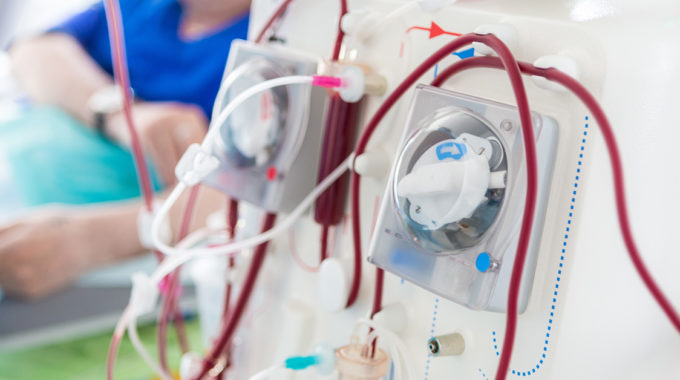
Nine Strongest Factors for Improving Quality of Death
When people have diseases in an advanced state, it’s common to reach a point where doctors say “All the best treatments have been delivered. Now we wait.” At these points, doctors may offer a prognosis of the number of weeks or months a person is expected to live. However, this does not mean healthcare is done improving a person’s quality of life. Even in the last months of life, clinicians still influence the lives of their patients in significantly positive ways. On the other hand, surveys tell us that some patients have higher quality of life at the end of life than others – that is to say “higher quality of death.” This prompts healthcare professionals to ask, “How can we make the biggest, most positive impact on quality of death for our patients?” In pursuit of this answer, researchers from the Dana-Farber Cancer Institute, Brigham and Women’s Hospital, Harvard Medical School, and the Center for Psychosocial Epidemiology and Outcomes Research performed a comprehensive study. The Archives of Internal Medicine published their results.1
Results from Previous Studies
Previous studies have found that higher quality of death correlates positively with longer hospice stays. Patients who spend more time in hospice have greater comfort, and their spouses and close family members report better mental health. Studies also show that the absence of physically taxing treatments and other healthcare in the last month of life positively affects quality of death.2
Research Methods for Quality of Death
Baohui Zhang, MS and her research colleagues wanted more detail than that provided by previous studies. They set out to determine the specific variables levying the strongest influence on quality of death. They studied surveys of nearly 400 patients and surveys of spouses or close family members. All patients had cancer and a prognosis of six months or less. For family members, the database included surveys as late as four months after death. In statistical analysis, nine factors emerged as the most influential on patient and family-reported quality of death.
Nine Most Influential Factors for Improving Quality of Death
- ICU stays in the final week of life (negative effect)
- Dying in the hospital (negative effect)
- Patient worry reported at the start of the study period (negative effect)
- Religious activities (positive effect)
- Differences between hospitals
- Feeding tube in the last week of life (negative)
- Pastoral care as part of medical care (positive)
- Chemotherapy in the last week of life (negative)
- Sense that the doctor sees the patient as a whole person and respects patient wishes
While many factors influence quality of death, it appears that the strongest set of factors revolve around focusing on symptom control at home while suspending taxing medical procedures such as ICU stays, feeding tubes, and chemo. Additionally, access to pastoral care as part of the medical care is a strong positive factor.
References
- Zhang B, Nilsson ME, Prigerson HG. Factors important to patients’ quality of life at the end of life. Archives of Internal Medicine. 2012 Aug 13;172(15):1133-42.
- Wright AA, Zhang B, Ray A, Mack JW, Trice E, Balboni T, Mitchell SL, Jackson VA, Block SD, Maciejewski PK, Prigerson HG. Associations between end-of-life discussions, patient mental health, medical care near death, and caregiver bereavement adjustment. JAMA. 2008 Oct 8;300(14):1665-73.





